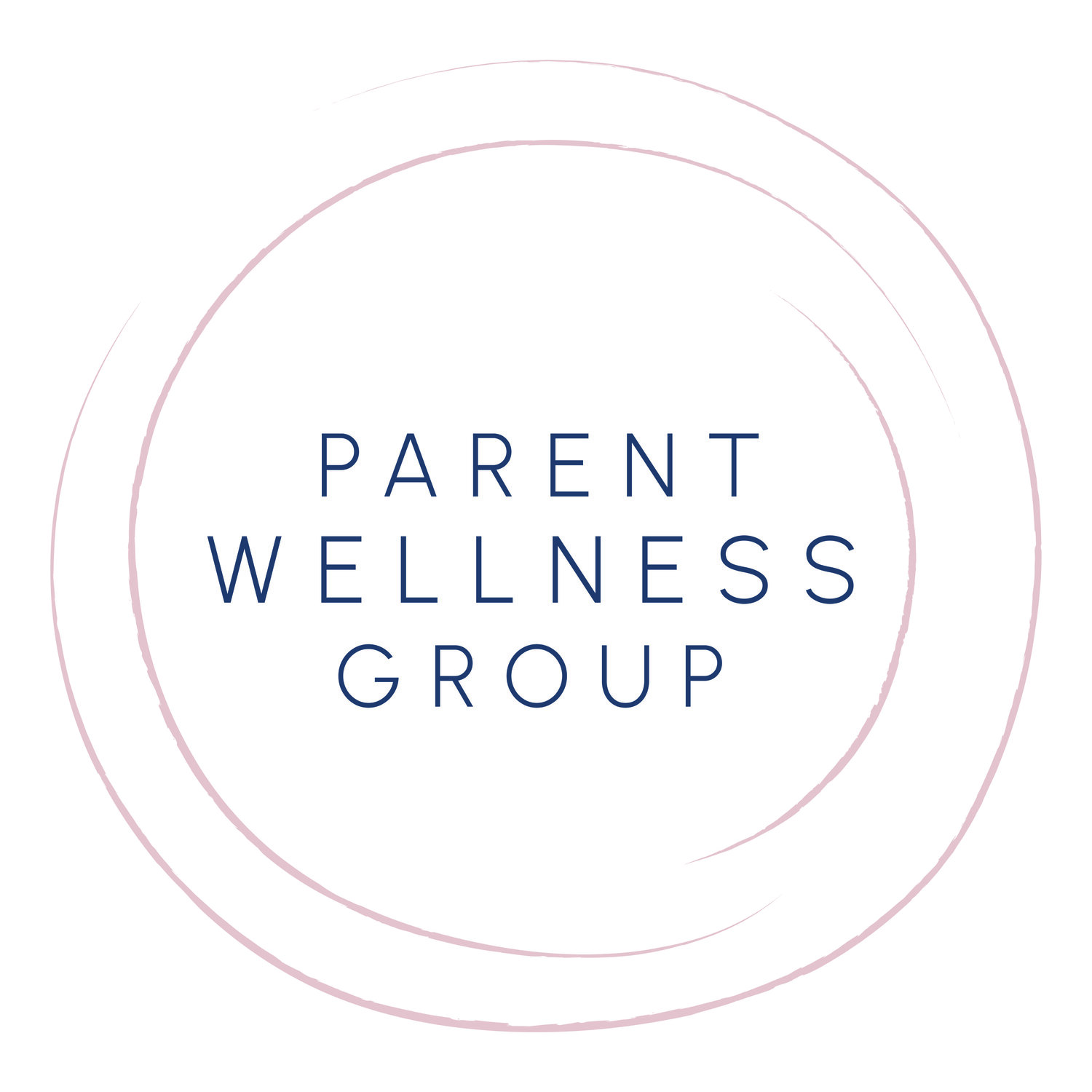Perinatal vs. Postpartum: What’s the Difference — and Why It Matters
If you’ve had a baby (or are expecting one), chances are you’ve heard the term postpartum. You might associate it with physical healing, sleepless nights, or maybe even mood swings. But what if you’ve been feeling anxious or overwhelmed long before giving birth—or months after that six-week checkup?
Here’s where it helps to understand a term that doesn’t get as much airtime: perinatal.
The perinatal period refers to the entire stretch from conception through the first year after birth, and sometimes the fertility journey of trying to conceive. It includes pregnancy, delivery, postpartum recovery, and all the emotional transitions that come with becoming a parent. By contrast, the postpartum period is typically thought of as the time after birth—usually the first few weeks or months, sometimes extending to the first year. The perinatal period is longer and more expansive than the postpartum period. It’s when most of the mental, emotional, and identity shifts happen—but it doesn’t always get enough attention.
Why does this distinction matter?
Because mental health challenges don’t always wait until after delivery. For many people, symptoms of anxiety, depression, or emotional overwhelm can begin while they are trying to get pregnant or during the pregnancy itself (and this is true for non-birthing people and spouses as well!). Others might feel okay initially, but start to struggle months later—long after those early check-ins with providers have ended. When we limit support to just the “postpartum” window, we unintentionally leave out a huge part of the emotional experience.
The truth is, the perinatal period is full of change—physically, mentally, relationally. It can be exciting, disorienting, joyful, isolating, and everything in between. And for many parents, especially first-time ones, it’s a time when their internal world feels very different than what they expected.
You might notice yourself worrying constantly, feeling easily overstimulated, or crying without knowing exactly why. You might feel disconnected from your baby or your partner, or quietly grieving the version of yourself you left behind. And if you’re navigating loss, fertility challenges, birth trauma, a NICU stay, feeding challenges, or sleep deprivation, those feelings can become even more intense.
These experiences are incredibly common—but they’re not often talked about outside of hushed conversations or late-night Google searches. And when parents don’t see their struggles reflected in the dominant “happy baby = happy mom” narrative, it can add another layer of guilt or shame.
Expand your definition of support
Support during the perinatal period means more than OB appointments or baby milestones. It’s also about your emotional well-being—your identity, your needs, your mental health. That might look like talking to a therapist who understands this season or connecting with a postpartum group. It can also include your OB team, lactation consultants, pelvic floor therapy, acupuncture and postpartum doulas who can be part of your circle. Or simply saying out loud to your trusted people, “This is hard, and I need help.”
You don’t have to wait until you’re falling apart to reach out. You’re allowed to seek support in the middle of things—in the messy, in-between parts. Some people like to build and plan connections before things get rocky so support is ready and waiting if they need it. That’s what the perinatal period really is: a time of transition, not a timeframe you have to navigate perfectly.
If you’re feeling overwhelmed, disconnected, or like something just doesn’t feel right, know this: you’re not alone. And what you’re feeling is valid—whether it started during pregnancy, three days postpartum, or six months in.
You deserve care, too. Not just as a parent, but as a whole person moving through one of life’s biggest transitions. Whether you're trying to conceive, pregnant, newly postpartum, or months into parenting, your emotional well-being matters. Understanding the perinatal period gives you permission to ask for help and know that what you’re feeling is common—and treatable. Reach out to us today if you’d like to schedule a free consult with a clinician for more support.
